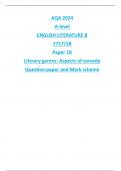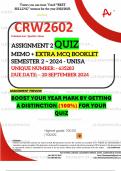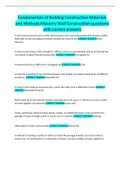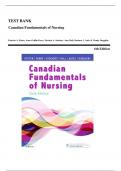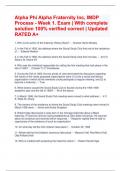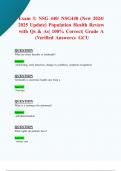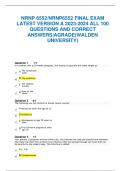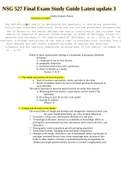Exam (elaborations)
AQA 2024 A-level ENGLISH LITERATURE B 7717/1B Paper 1B Literary genres: Aspects of comedy Question paper and Mark scheme
- Module
- Institution
AQA 2024 A-level ENGLISH LITERATURE B 7717/1B Paper 1B Literary genres: Aspects of comedy Question paper and Mark scheme
[Show more]
